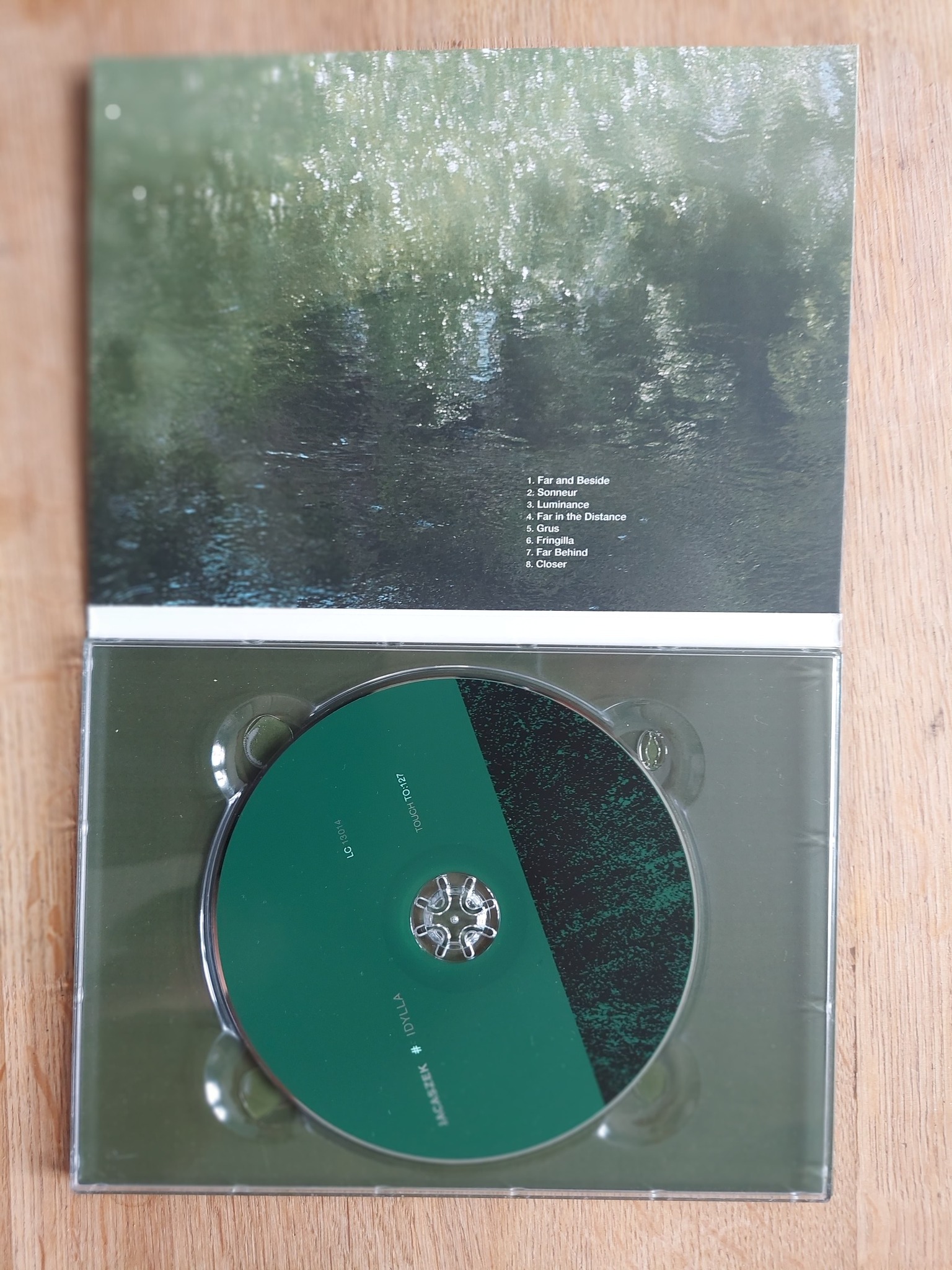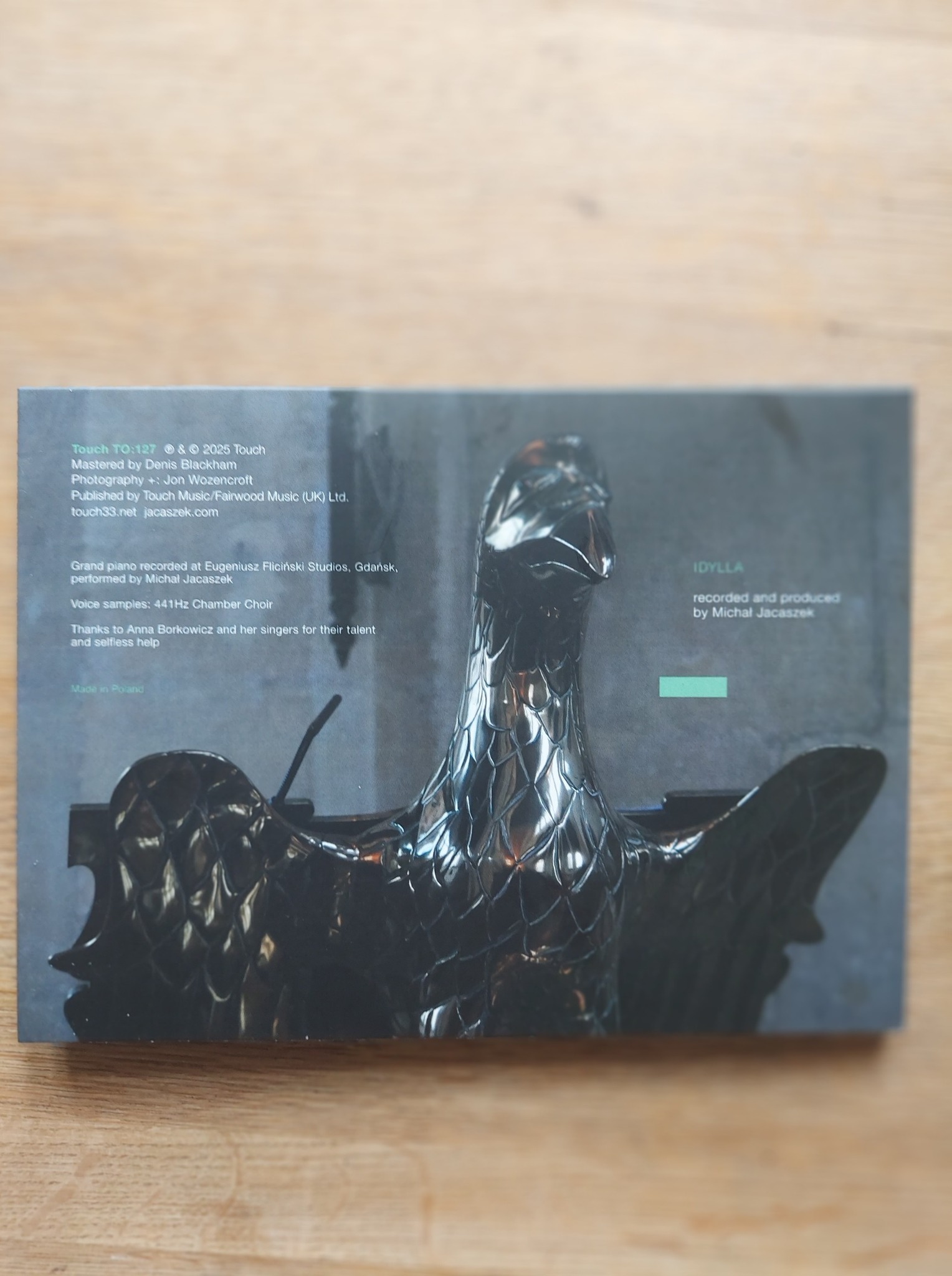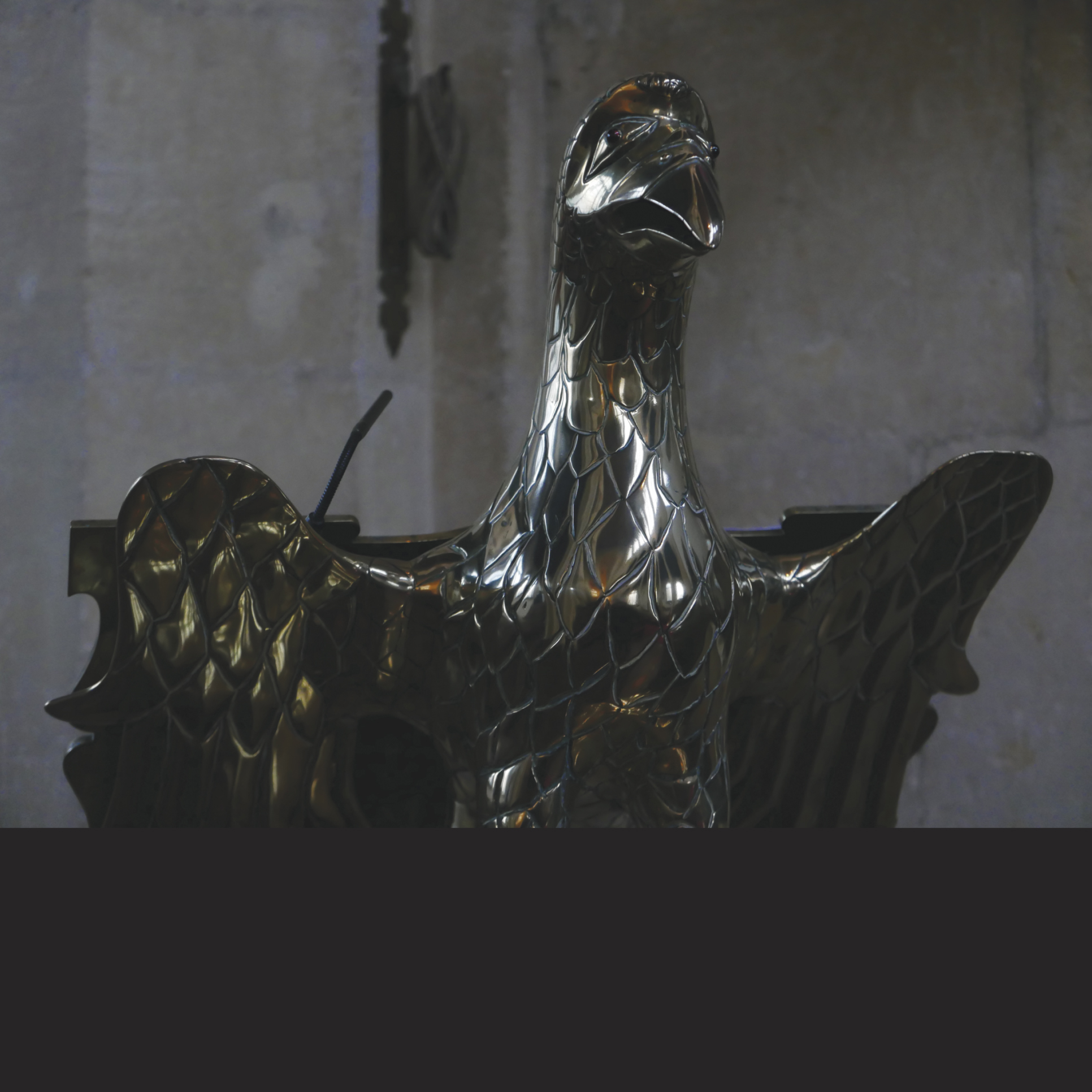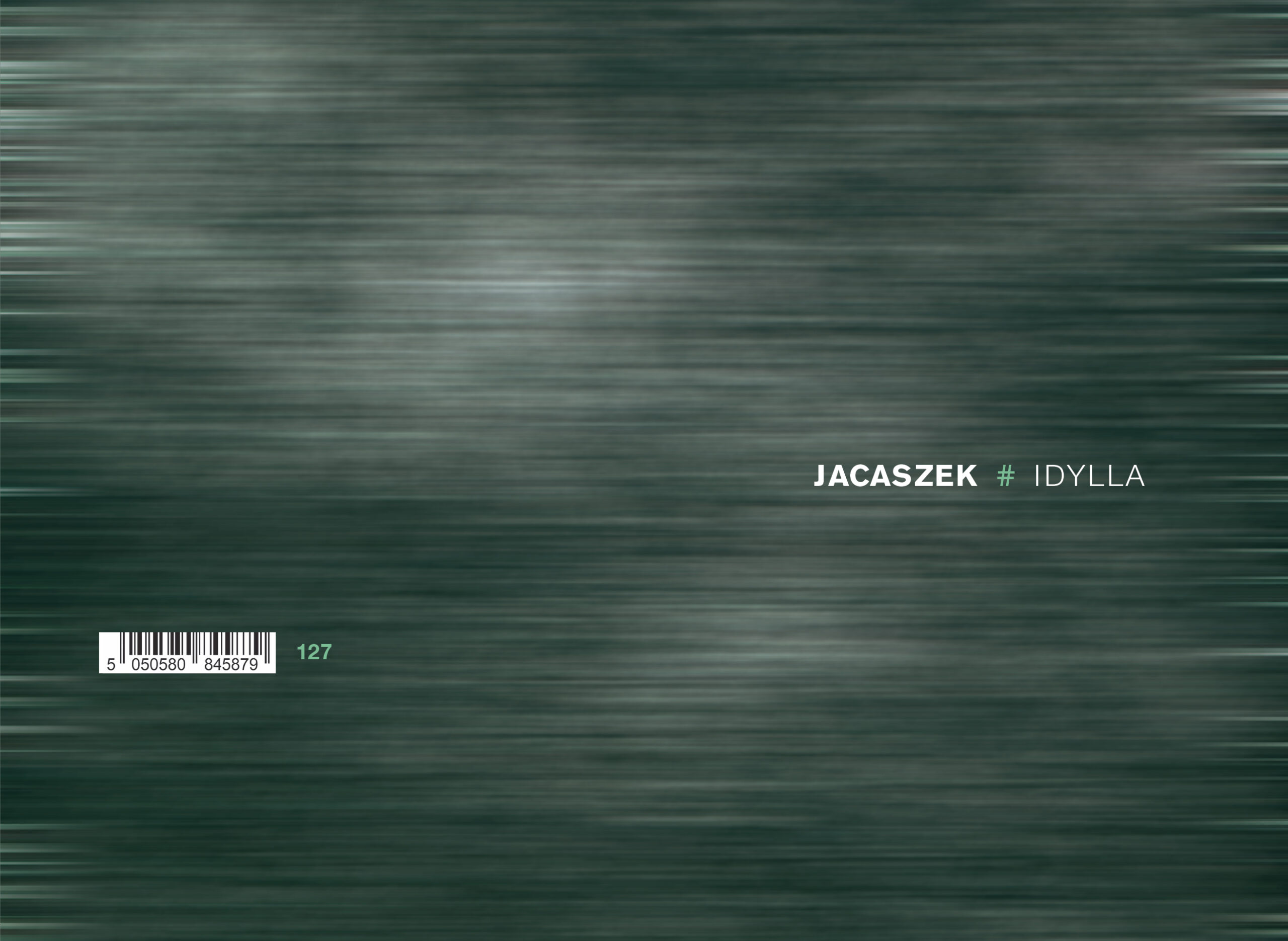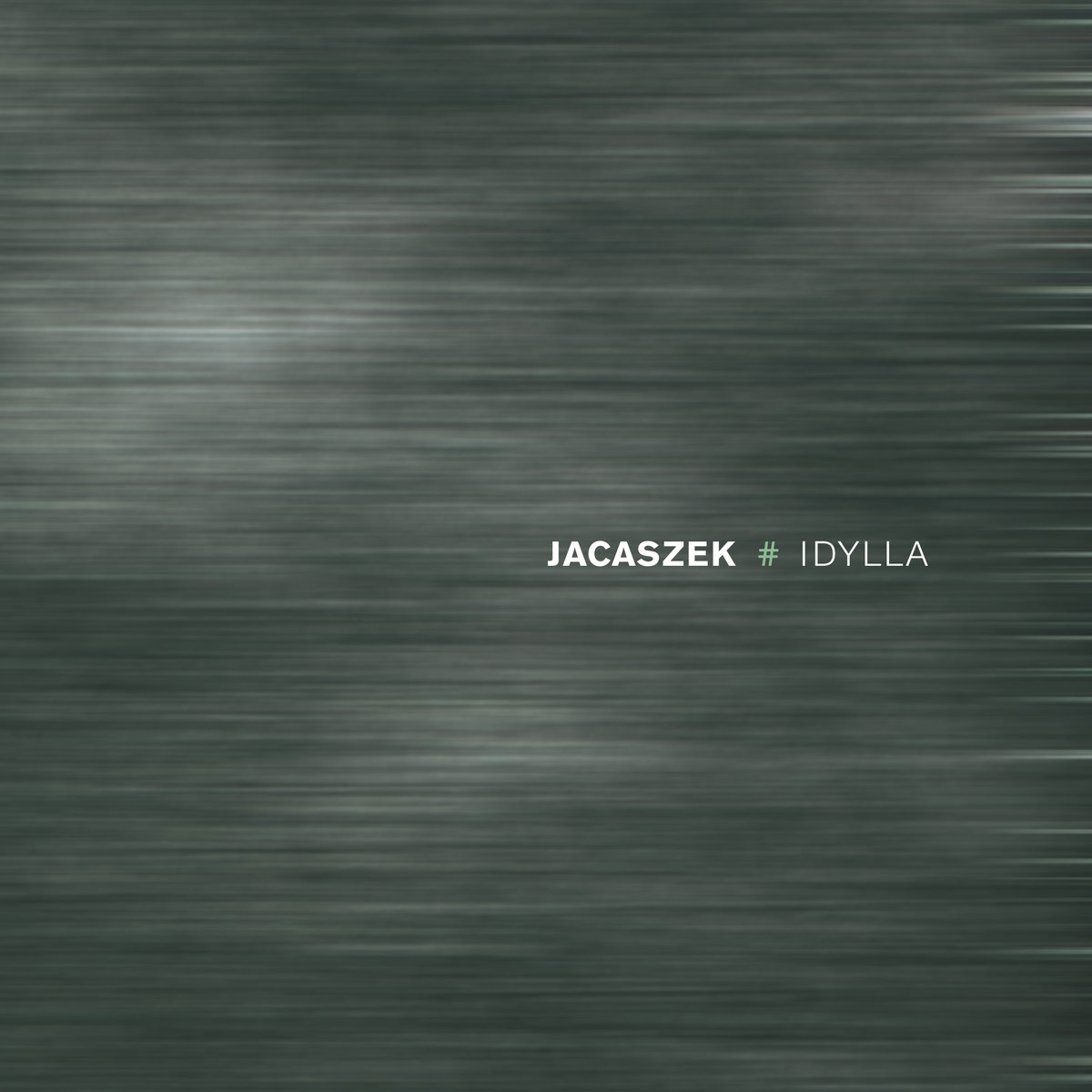
EN
PL
Reviews:
“There is a peculiar irony in Micha Jacaszek naming his latest work “Idylla”. The word conjures images of untouched landscapes, pastoral calm, an Arcadia free of machines. Yet the album is born precisely from the collision of the natural and the artificial, from the uneasy coexistence of forest and circuit board, of wind rustling through leaves and algorithms muttering in binary. Jacaszek has long been a composer of this in-between space, a cartographer of atmospheres where field recordings, classical instrumentation, and electronic treatments fold into one another until the categories themselves dissolve. “Idylla”, released by Touch as the third chapter in his trilogy of nature-based works, is perhaps his most pointed meditation on the fragility of the natural idyll in an age when reality is constantly being simulated, resynthesized, and streamed back to us in pixelated form.
The trilogy began with “Catalogue des Arbres”, a collaboration with Kwartludium that nodded toward Messiaen’s obsessive listening to birds, but shifted the gaze to trees as living resonators of sound. “Gardenia” followed, emerging from a workshop with Francisco López in the South African bush, where Jacaszek and others immersed themselves in the overwhelming sonic detail of a subtropical reserve. In both works, nature was less backdrop than collaborator, a patient co-composer offering textures and counterpoints. With “Idylla”, the collaboration becomes stranger: the raw field recordings are filtered through MIDI technology, their essences extracted and reassigned to human players and to the voices of the 441Hz Choir from Gdask, conducted by Anna Borkowicz. It’s as if Jacaszek asked the forest to hum a theme and then handed the score to a chamber ensemble.
The effect is both uncanny and moving. A birdsong, isolated and translated, emerges as a choral line that sounds neither entirely human nor avian. The crackle of branches, reframed through strings, becomes a harmonic shimmer, both delicate and mournful. In “Far and Beside,” the opening piece, the sense of proximity is disorienting – close, tactile textures brush against the ear, while distant echoes stretch into landscapes one cannot quite reach. “Sonneur” hums with a bell-like resonance, evoking both ritual and warning, while “Luminance” seems to glow from within, its textures fragile yet illuminated, as if one were listening to light caught between leaves.
Birds are everywhere here, not as cliché but as spectral presences. “Grus” and “Fringilla” reference crane and finch respectively, but rather than imitating their calls, Jacaszek refracts them into orchestral gestures, tonal ghosts of creatures half-remembered. By the time we arrive at “Far Behind” and “Closer”, the tension between distance and intimacy has become the album’s secret architecture: how far away is the sound of a tree, a bird, a river, once it has been digitized, encoded, and sung back to us by human throats?
There’s an undeniable melancholy running through “Idylla”. It is not an idyll of permanence but of vanishing – an elegy disguised as a landscape painting. The presence of AI hovers like a silent antagonist: the album does not rail against it, but it does quietly ask whether, in a time when machines can generate birdsong at will, the fragile resonance of the real can still touch us. Jacaszek’s answer is to turn technology into a tool of listening rather than imitation. He doesn’t simulate the natural world; he fractures it, translates it, and reassembles it, allowing us to hear both its beauty and its vulnerability in a new register.
For all its conceptual framing, the record is never dry. Jacaszek’s strength has always been his ability to sculpt sound with a poet’s ear, to let atmospheres bloom rather than weigh them down with theory. There is something symphonic here, a sweep and depth that places him firmly among the most essential contemporary composers. And yet the symphony is made of fragile parts: a choir breathing in unison, strings quivering like insect wings, silence opening like a clearing in the forest.
“Idylla” reminds us that paradise is not a place but a moment, already slipping away even as we hear it. It is music poised between lament and wonder, a meditation on the impossible task of holding nature still. Jacaszek doesn’t offer answers, only a listening space – one where a choir of humans can echo birds, where the rustle of leaves can find its twin in a bowed string, and where the idyll is revealed to be not a postcard but a fleeting resonance, gone as soon as the bell of evening fades” – Chain DLA
” Rounding off his trilogy of nature-based albums for Touch, Polish composer Michał Jacaszek uses MIDI technology to isolate sounds from field recordings, before scoring and arranging them for a classical ensemble and choir to blur the line between the natural world and the impending digital future.
Following last year’s subdued ‘Gardenia’, that was based on recordings made in South Africa, and its predecessor ‘Catalogue des Arbres’, a celebration of Oliver Messiaen’s Catalogue des Oiseaux, Jacaszek eyes the ominous creep of AI on ‘Idylla’, roping in Gdańsk’s 441Hz Choir to help him realize his vision. And it’s peculiar, uniquely fascinating material that takes a genuinely novel approach to field recording. Jacaszek’s field recordings of birdsong, wind and washing waters guide the compositions, but they’re nudged into orchestral and choral directions, with voices tracking the pitch of chirping insects and gusts of wind, and instruments following bird calls.
Leaving the original recordings playing in the background, we can hear Jacaszek’s thought process, and it’s an intriguing, deviously subtle way to comment on AI models. As you’re listening, it’s hard not to think about the nature of sound – the way music in its earliest forms always followed natural, environmental sounds, and by inverting this process, Jacaszek almost makes a loop back to the beginning as progress itself hits an infinite plateaux. Haunting, honestly” – Boomkat
“Michał Jacaszek completes a trilogy of nature-inspired works for Touch with Idylla, following on from Catalogue des Arbres and Gardenia. Where the former took cues from Messiaen and the latter emerged from field recordings in South Africa, Idylla explores the intersection between organic sound and digital simulation.
Responding to the encroachment of AI and the erosion of the natural world, Jacaszek recorded natural environments before using MIDI technology to extract sonic motifs, which he then reinterpreted for classical instruments and vocal arrangements. The 441Hz Choir of Gdańsk, conducted by Anna Borkowicz, provides vocal treatments that elevate the compositions into something both reflective and symphonic.
A delicate balance of lament and celebration, Idylla captures the melancholy of a vanishing world and the quiet joy of listening to birdsong by a riverside. It’s a record of striking detail and emotional depth, cementing Jacaszek’s status as one of the most vital contemporary composers.” – Norman Records
“Michał Jacaszek’s field recordings have always been haunting, hovering just this side of the limits of hearing. Those on Catalogue des Arbres and Gardenia were just perceptible against his gentle instrumentation, lending them a plangent, nostalgic atmosphere. For Idylla, the third part of his trilogy of nature-based recordings, Jacaszek goes one step further by using MIDI technology to filter out all but the most necessary sounds. His recordings flicker in and out of minimalist compositions for classical instruments and voice choir, seeming to dissolve in real time. It’s a simple metaphor for the disappearance of the natural world, but one that works brilliantly, at the same time evoking a sense of grandeur and loss.” – Bandcamp Daily
